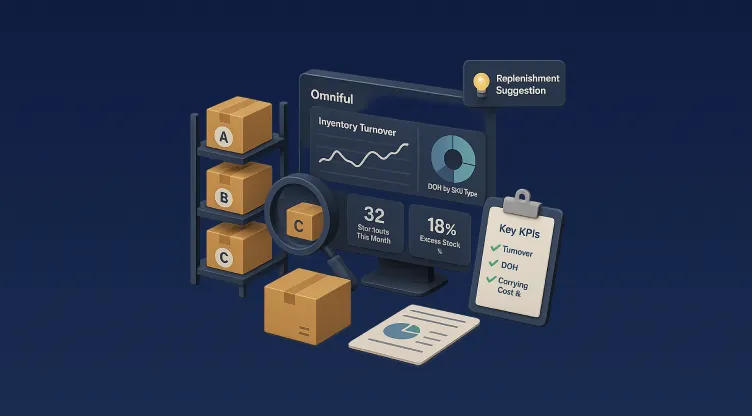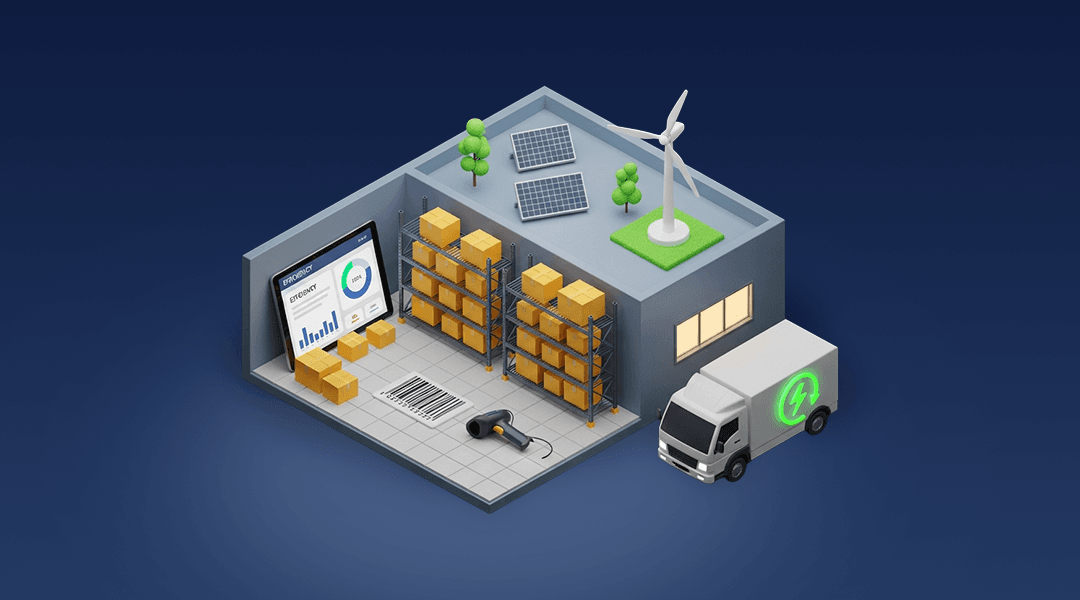Logistics Services: A Comprehensive Guide to Best Practices and Current Trends

Table of Contents
Summary Highlights
- Logistics is key to economic growth and supply chain efficiency in Saudi Arabia.
- It includes activities from goods transportation to information flow across borders.
- Modern logistics leverages tech like real-time tracking and automation.
- Freight transport, supply chain planning, and infrastructure development are critical components.
- Vision 2030 focuses on turning Saudi Arabia into a global logistics hub.
- Government initiatives support infrastructure upgrades, customs facilitation, and sector investments.
- Global logistics (3PL, 4PL) enhances international trade and customer satisfaction.
- Logistics firms streamline inventory, shipping, warehousing, and returns operations.
Introduction to the Logistics Sector
The logistics sector plays a crucial role in facilitating the movement of goods and products to and from the Kingdom of Saudi Arabia. It encompasses all activities related to the transportation of goods and flow of information from the point of origin to the final destination.
Logistics is more than a support function; it is a core component of economic growth and sustainable development. By enhancing operational efficiency and improving customer satisfaction, logistics services contribute directly to business success and national economic performance. Moreover, it strengthens international economic relations through innovative projects and cross-border partnerships.
Transportation and Logistics Services
Transportation and logistics form the backbone of supply chains designed to meet customer needs efficiently. These services cover the movement of goods via multiple modes—road, air, and sea.
Among these, maritime and air transport are key pillars that drive efficiency and expand the reach of logistics operations. Modern logistics services aim to streamline processes, reduce operational costs, and improve transparency. Technologies such as real-time tracking and automation have revolutionised logistics by simplifying workflows and boosting accuracy.
Supply Chains
A supply chain is a network of activities and processes designed to effectively meet customer demands. It includes everything from product design and manufacturing to distribution.
Strategic planning is a critical element of supply chain management. It helps in setting clear objectives, designing efficient operations, and allocating resources effectively.
Logistics services are integral to the management and optimisation of supply chains. Logistics companies play a central role in aligning logistics processes with market demands, ensuring goods are delivered accurately and on time.
Freight Transportation
Freight transportation is one of the most vital components of the logistics sector. It involves all processes related to the movement of products from production centres to the end consumers.
Shipping is especially critical in ensuring that goods are delivered safely and efficiently. Logistics services facilitate the smooth and secure transportation of freight, often tailored to the specific handling and storage requirements of each product type.
Infrastructure
Infrastructure is a foundational factor influencing the performance of logistics services. It includes roads, ports, airports, and other facilities that support the movement of goods.
Efficient resource management is essential for planning and organising logistics activities to ensure smooth operations.
The Saudi government is actively investing in infrastructure development as part of Vision 2030. Key projects include the Riyadh Dry Port development, aimed at increasing efficiency, improving government asset utilisation, and aligning with global best practices to meet national strategic objectives.
The Transportation Sector
The transportation sector is vital for enabling the movement of products and goods. It includes all activities related to freight movement across different modes of transport.
Logistics firms strive to manage every aspect of operations—transportation, warehousing, and supply chain coordination—to deliver high-quality services and enhance customer experiences.
Saudi Arabia’s government is committed to modernising the transport sector to boost logistics efficiency. Logistics processes encompass far more than just transport; planning and organisation are equally essential to ensure the success of delivery and distribution operations.
Global Logistics
Global logistics refers to services that operate across international borders. It covers all processes related to the movement of goods and information around the world.
Integrated logistics providers—including third-party (3PL) and fourth-party (4PL) logistics services—offer comprehensive solutions that enhance the efficiency and performance of global supply chains.
These services aim to simplify international trade and improve supply chain agility. When effectively implemented, global logistics can reduce costs, improve customer satisfaction, and ensure consistent supply chain operations.
Logistics Services
Logistics services encompass all the activities required to move products and data from origin to final destination. These include freight transport, warehousing, inventory management, shipping, and delivery.
The use of advanced technologies is crucial for improving operational performance and reducing costs. Logistics companies play a key role in providing these services efficiently and reliably, ensuring high service levels for businesses and end customers.
The Logistics Sector
The logistics sector is one of the most influential in facilitating product and goods movement. It includes all activities related to the flow of items and information through the supply chain.
Saudi Arabia is placing significant emphasis on developing this sector to drive operational efficiency. This includes streamlining procedures and modernising logistics processes.
The logistics industry operates as an integrated system made up of diverse service providers, all working together to achieve seamless and cost-effective transportation and distribution.
Logistics in Saudi Arabia
Logistics in Saudi Arabia is a dynamic sector that supports the national economy by promoting trade and industrial development. The kingdom aims to position itself as a global logistics hub connecting three continents. Thanks to its strategic location, Saudi Arabia provides easy access to global markets.
The government, under the umbrella of Vision 2030, is undertaking large-scale improvements to logistics infrastructure. These include modernising road networks, ports, and airports to enhance logistics capabilities and reduce operational costs.
These initiatives are making Saudi Arabia an attractive destination for international companies seeking advanced and cost-efficient logistics solutions.
Furthermore, the government offers incentives to logistics firms and simplifies customs processes to boost sector competitiveness. These reforms have established the kingdom as a key node in global supply chains, fuelling sustainable economic growth and creating new job opportunities for Saudi nationals.
Challenges and Trends
Saudi Arabia's logistics sector faces several challenges and opportunities as it evolves to meet modern demands. Key challenges include infrastructure development, operational efficiency, and cost reduction.
One of the primary goals is cutting costs through improved inventory management and effective logistics planning. This not only reduces expenses but also enhances overall performance.
The government is also focused on fostering a supportive business environment for logistics. Increasing demand for specialised logistics services reflects both economic progress and advancements in the logistics industry.
This trend is driving greater investment in the sector, further contributing to economic development.
Frequently Asked Questions (FAQs)
Q1: What is the importance of logistics in Saudi Arabia’s economy?
A1: Logistics plays a crucial role in supporting the national economy by facilitating trade and industrial activities. It enhances supply chain efficiency, supports economic diversification, and creates employment opportunities.
Q2: How is the Saudi government contributing to the logistics sector?
A2: Through Vision 2030, the government is investing in infrastructure development, offering incentives, and improving customs procedures to make the logistics sector more efficient and globally competitive.
Q3: What transportation modes are included in logistics services?
A3: Logistics services in Saudi Arabia cover road, maritime, and air transportation, with a strong emphasis on improving multimodal connectivity.
Q4: What role does technology play in modern logistics?
A4: Technology enhances logistics operations by enabling real-time tracking, automation, efficient inventory management, and streamlined communication across supply chains.
Q5: What are 3PL and 4PL logistics services?
A5: Third-party logistics (3PL) providers manage supply chain operations like warehousing and shipping, while fourth-party logistics (4PL) providers oversee the entire logistics process, often integrating multiple 3PLs and technology solutions.























